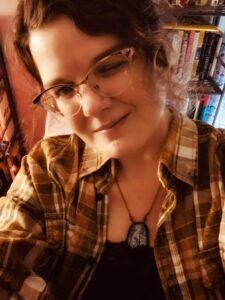“Many people are occasional members of more than one discourse community.”
I feel connected to this quote because I belong to more than one discourse community. Such as the African American community and the Computer Engineering community. I’m also a part of the Southeast Asian community. Although I am not an East Asian, who was targeted during the pandemic, I have trauma from the pandemic. Swales acknowledges in the article that there can be various discourse communities. Swales talks about being a member of the institute he has been working at for thirty years. He is also a part of various associations such as bird-watching and butterfly-watching. This seemed interesting to me because I feel enlightened to be a part of more than one discourse community.
“A DC has acquired and continues to refine DC-specific terminology. Classically, this consists of abbreviations and shorthands of all kinds, not including various kinds of codes. For example, hospitals in the U.S. have a rich menu of codes that the staff employ, especially in emergencies, partly for efficiency and partly to keep information from patients and the general public. So, “code 236 on floor six” might indicate a heart attack on that floor.”
In this quote, Swales brings up different codes people in certain discourse communities use. For example, he used an example of a hospital having certain codes for certain emergencies. I have a friend whose mother is a traffic police officer and she told me that they use different quotes for different situations, for emergencies, etc. I find it very weird that people felt the need to develop codes and terminologies for discourse communities. I don’t find the point of talking about it so it doesn’t seem interesting to me. I don’t find the point of talking about society having discourse communities because it’s very obvious.





Leave a Reply